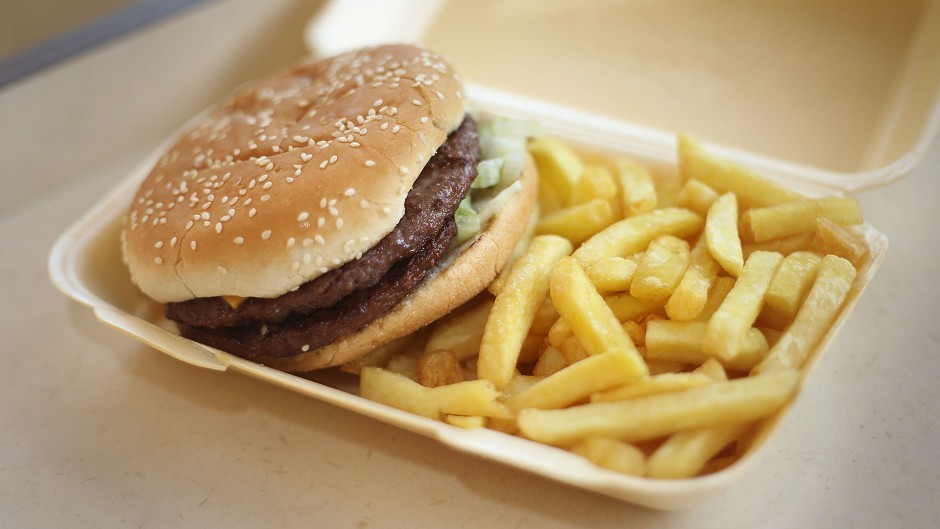Health chiefs want more input on planning decisions to help cut the number of takeaways, off-licences and tobacconists in deprived areas across the north-east.
New NHS Grampian public health director Susan Webb used her first annual report to call for better-coordinated action to cut child poverty.
She painted a stark picture of a yawning gap between the life prospects of young people from the richest and poorest parts of the north east.
The least well-off are on average twice as likely to be obese by the age of five, almost two and a half times more likely to develop a mental illness and will die between four and eight years younger, the report warns.
As many as a third of all young people in some wards of Aberdeen, Aberdeenshire and Moray are in poverty – with no areas immune altogether – enough to fill 353 classrooms.
But while there have been a number of effective joint projects with councils and others, the report states “it has been difficult to make a joint shift towards prevention and effectively reduce inequality”.
A proliferation of potentially “damaging” shops in poorer areas was “an example of how, when we do not explicitly consider the well being of local people during the planning process, we can inadvertently contribute to health inequalities”, it warns.
Ms Webb suggested the introduction of health and social care partnerships between the NHS and councils was a chance for local communities to have more input on issues such as planning and the creation of green spaces.
Her report also calls for struggling families to be encouraged to claim benefits.
Up to 40% of vouchers available to pregnant mums and those with children under four to pay for basic food under the UK-wide Healthy Start scheme are not claimed in Grampian.
Ms Webb said she hoped her report would “bring to the attention of decision makers some of the good work that is going on”.
The report said that although poverty in the north-east was lower than the national average, the depth of the gulf between rich and poor “may intensify the stress experienced by those struggling with poverty”.
